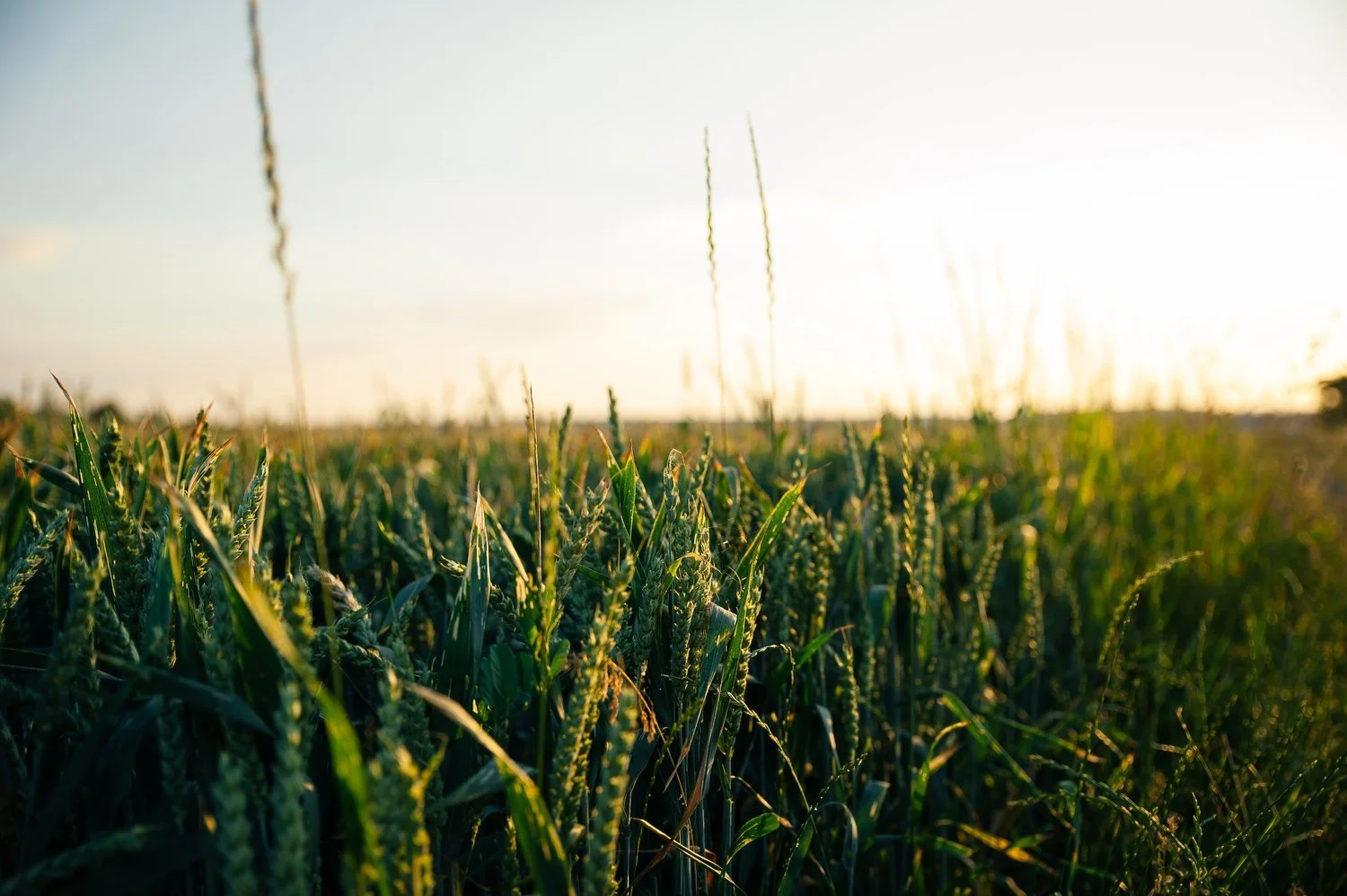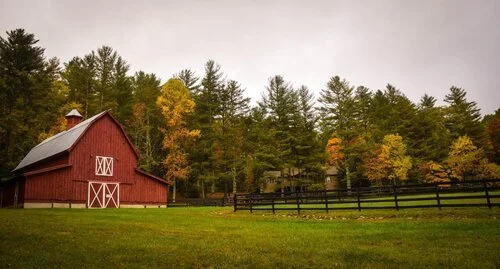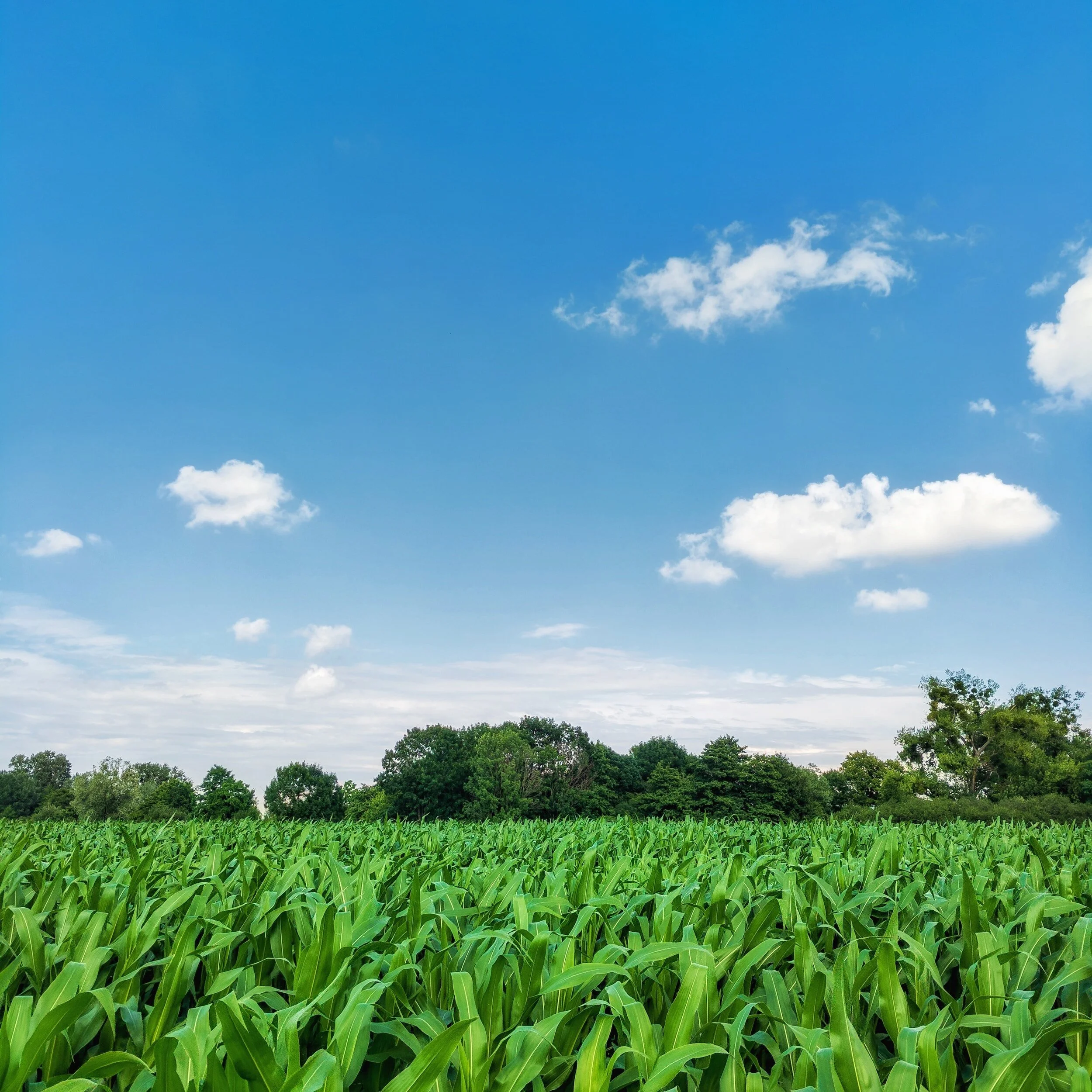We're thrilled to share that our team’s first academic manuscript, titled “Diversified crop rotations mitigate agricultural losses from dry weather,” has been submitted for peer review! In the meantime, the "pre-print" manuscript is available on agriRxiv.
Read MoreHappy Spring! Land Core recently spent National Agriculture Week (March 17-23) in DC discussing soil health legislation and ag-appropriations priorities. How did you celebrate National Agriculture Week? Send us an email or tag us in your posts to let us know!
Read MoreIn the past month, little movement has occurred on the Farm Bill. In the Senate, Senators Debbie Stabenow (chair) and John Boozman (ranking member) have publicly expressed that they are still negotiating key aspects of the Farm Bill and don’t expect to release a draft until after the 2024 Presidential Election in November.
Read MoreIt's been another busy month here at Land Core. With a recent trip to DC, uncertainty around the Farm Bill, and the upcoming National Ag Week in March, we've been heads down with policy and advocacy work. We have also shared some takeaways from the recent House Agriculture Committee hearing and the 2022 USDA Census of Agriculture.
Read MoreWe hope you are having a great start to the new year! 2023 was pretty momentous for Land Core and the soil health movement in general. In case you missed it, we are excited to share highlights from this past year, and our goals for 2024, in our year-in-review which you can find below. That said, the Farm Bill, which will set the legislative framework for the next five years of US agriculture, is still in limbo. While farm groups advocate for the importance of a bipartisan Farm Bill to be passed prior to the ramp up of this year’s general election, there is also the need for continued outreach for other top soil health priorities.
Read MoreHappy New Year! We are pleased to share Land Core’s 2023 year-in-review, highlighting organizational accomplishments and progress for the soil health movement. We are immensely grateful to all the farmers, partners, coalition groups, and funders who make this work possible, and we look forward to all 2024 has to offer.
Read MoreWe added 9 bills in October and 14 in November to the Soil Health Bill Tracker. For bills introduced prior to October, 39 bills added at least one co-sponsor, showing that those bills have traction and support as we near the introduction of the Farm Bill.
Read MoreAs the holiday season kicks off, we are reminded of how thankful we are to be able to do this work and to do it alongside such a remarkable community of friends, farmers and colleagues. As a relatively small organization, your presence here is incredibly meaningful to us and your support has been critical in advancing our mission and goals.
Read MoreFall may be winding down but there’s been no shortage of activity here at Land Core. This past month has been full of policy and educational work, including a trip to DC to meet with policymakers to discuss ways to support the expansion of soil health in the upcoming farm bill, and to share, for the first time, our promising, preliminary findings from the risk model!
Read MoreThe Land Core Risk Model is quantifying the economic risk-mitigation value of specific soil health practices by examining the correlation between the implementation of these practices over time and their impact on yield.
Read MoreDespite the August recess, we still added 30 “Core” soil health marker bills to the Bill Tracker and dozens more “Secondary” bills.
Read MorePilot programs are exploring the opportunity to offer farmers improved financing terms based on their adoption of regenerative agriculture. The goal is to bring an expanded scale via financial incentives structured differently than dollars per acre for adoption.
Read MoreAs the fall season kicks off, we’re happy to share an update from the annual Regenerative Food Systems Investment Forum in Denver, CO, where a network of investors, philanthropists, farmers, “capital activators” and NGO support groups gathered to discuss and advance new flows of capital to support producers in adopting soil health practices and advancing more resilient or regenerative agricultural systems.
Read MoreWe hope you all had a great summer! The Land Core team, as well as our risk model partners, have been working hard on a number of items. This past month has seen a lot of press and some exciting new developments with the risk model tool, as well as a huge influx of new bills introduced in the 118th Congress hoping to make it into the Farm Bill. We have a fantastic new Land Core team member that we are excited to introduce to you, as well as two postdoctoral research associate positions that we are still looking to fill as we continue to grow our work. Read on to learn more!
Read MoreWith the Farm Bill fast-approaching (and the FY24 Appropriations and Senate Ag Committee Farm Bill request deadlines just behind us), members of the 118th Congress have been hard at work introducing in the last few weeks.
Read MoreLand Core commends the U.S. Department of Agriculture (USDA) for proposing a framework for measurement, monitoring, reporting, and verification (MMRV) of greenhouse gas (GHG) emissions for the agriculture and forest sectors.
Read MoreInsurers offer discounts for avoiding smoking and good driving because these practices are proven to mitigate risk and save them money. So should insurers and agricultural lenders offer farmers that look after their soil a ‘good soil discount’?
Read MoreIt has been another month of major activity here at Land Core. We have seen nearly 40 bills introduced this month that we are in the process of adding to our Soil Health Bill Tracker, we have begun expanding our work with Schmidt Center for Data Science and the Environment (DSE), and we have more truly excellent news on the Land Core Risk Model. So without further ado, enjoy this joyful update for July!
Read MoreResearchers with the University of Arkansas System Division of Agriculture are conducting research examining soil health practices and their impacts on crop risk insurance premiums and other financial factors often faced by farmers. Lawson Connor, an agriculture economist for the Division of Agriculture, is the primary investigator for Arkansas’ involvement in the research. He is joined by researchers from U.C. Berkley and Rice University.
Read MoreEver since the federal government created the Soil Conservation Service following the Dust Bowl, the correlation between soil health and agricultural resilience has been generally well understood. However, almost a century later, we’re still struggling to accurately quantify how specific soil health practices reduce production risks. As a result, these practices remain largely unaccounted for in risk pricing models across finance, investment and insurance, and farmers are not compensated through financial discounts for adopting them.
Read More


















